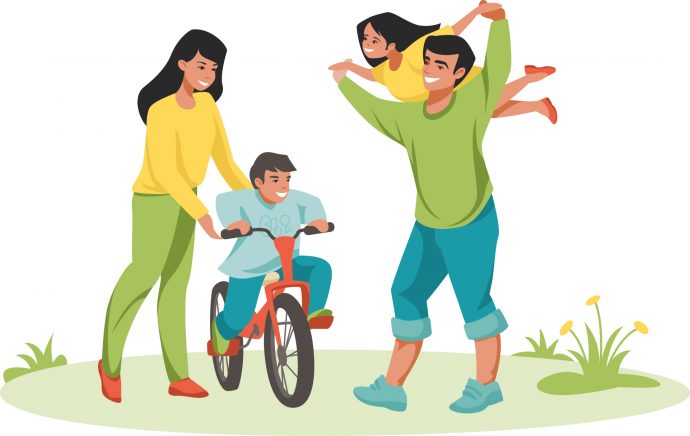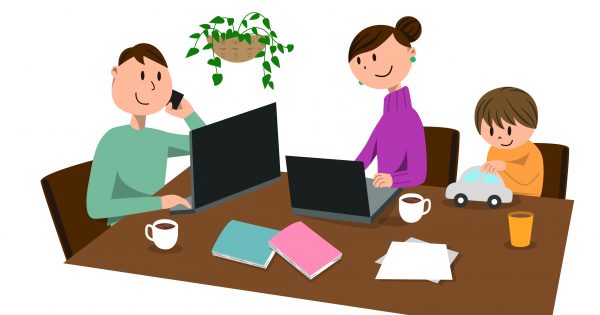What does it mean for parents to share duties? In the past, many parenting responsibilities fell on the shoulders of women. However, today with both men and women active in the workforce, parenting tasks – including being involved in a child’s socialisation, healthcare, education and upbringing – are being more equitably shared between both parents. This is what we call “equal parenting”.
When is the right time to start?
Couples should start sharing duties as soon as they find out they are pregnant! Why not prepare for the arrival of your child together? This includes visits to the doctor, prenatal classes, setting up baby’s room and managing finances for the delivery. Equal parenting helps reduce the chances of postpartum depression, commonly seen in new mothers, so the earlier young couples get into the swing of sharing responsibilities, the better!
Challenging situations
While some couples naturally gravitate towards sharing responsibilities, others may not have it so easy. For example, if one parent is working and the other is a homemaker, or if both parents are working from home, division of duties may be complicated. In these modern times, there have also been shifts in the traditional family unit resulting in divorced parents, step parents and parents who do not live at home.
There may also be societal challenges. Not all people will approve of a dad doing the dishes or changing diapers, while the mum handles the budgeting! And even when willing, not every parent has the skills to assist their kids with schoolwork and extra-curricular activities. Instead of dividing duties “equally”, try tuning into activities with your children based on what each parent does well in.
In all situations, communication is key. Make it a habit to discuss everything openly and honestly with your spouse, especially if you need additional support to make things work.

When responsibilities are shared fairly, and when there is ongoing communication between parents, everyone wins. Parents become partners, motivating one another, and seeking help from extended family and friends when necessary.
Best of all, children end up spending more quality time with both parents. This ultimately makes a child more open to discussion, keen to share problems, ask for solutions, and seek guidance when they need it.







Comments